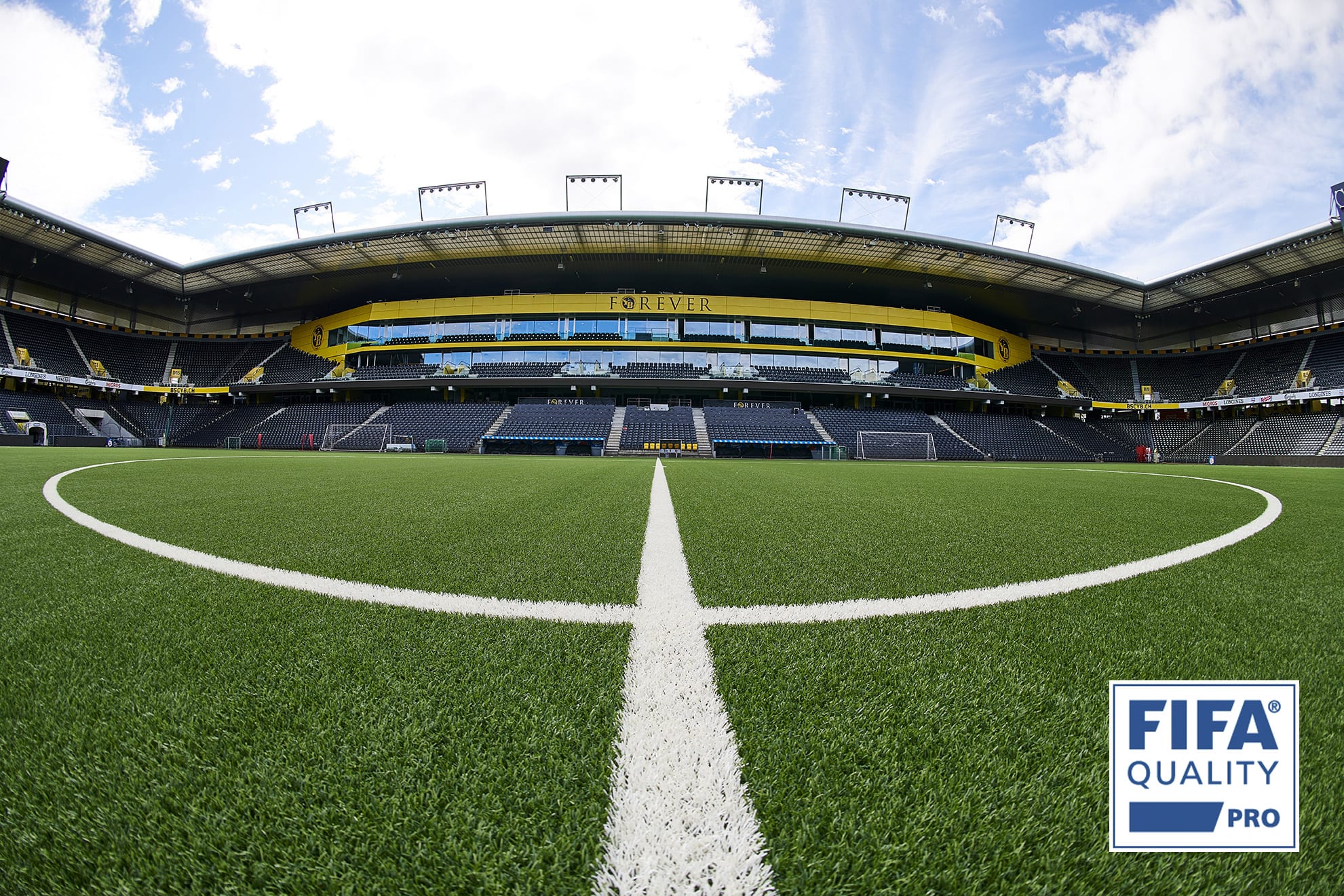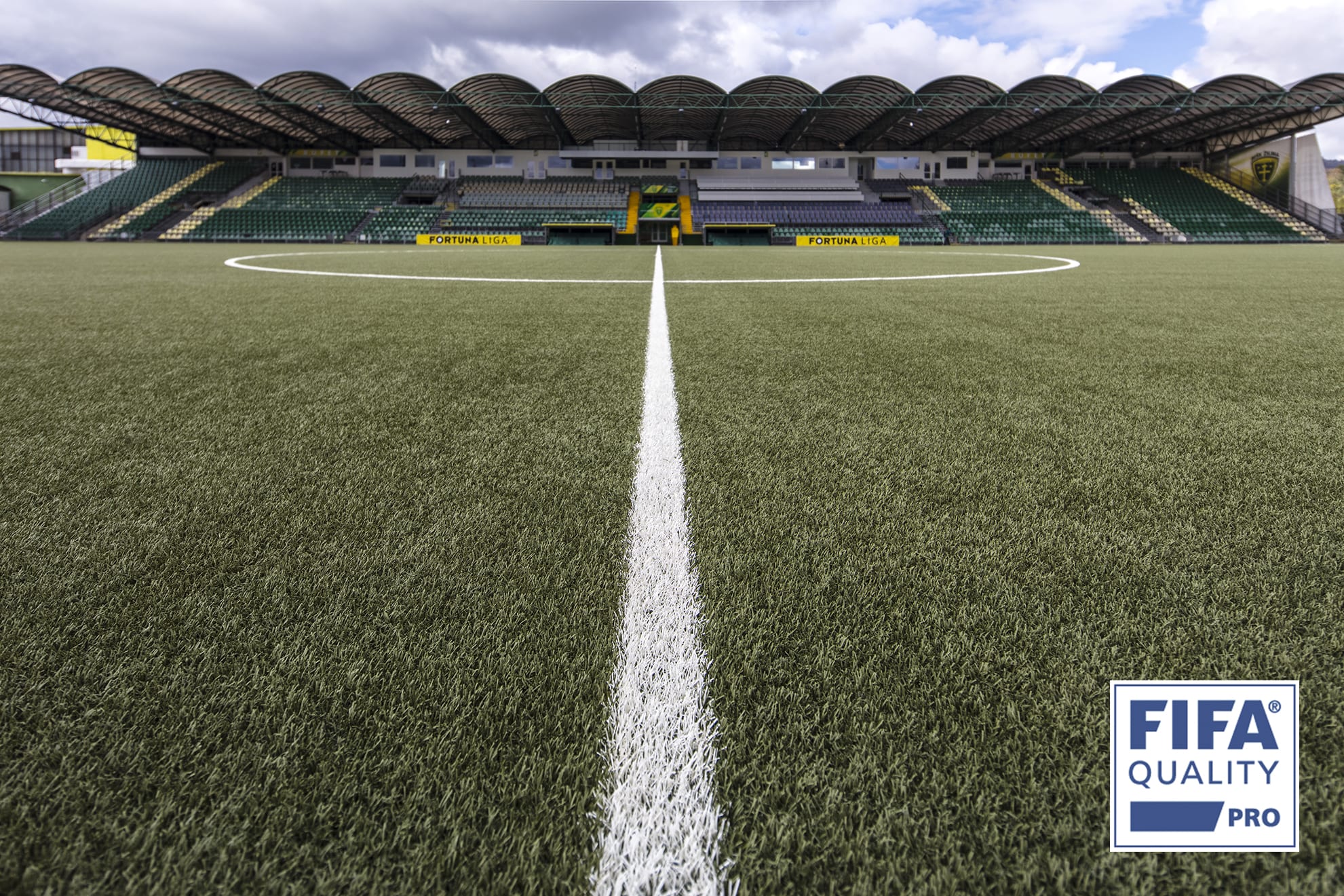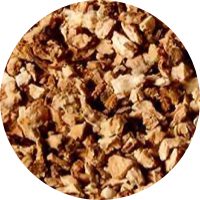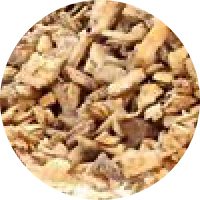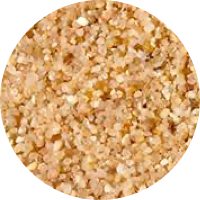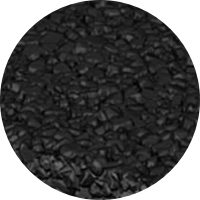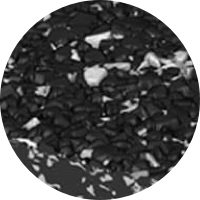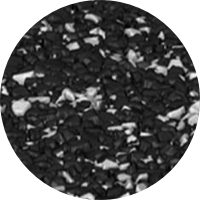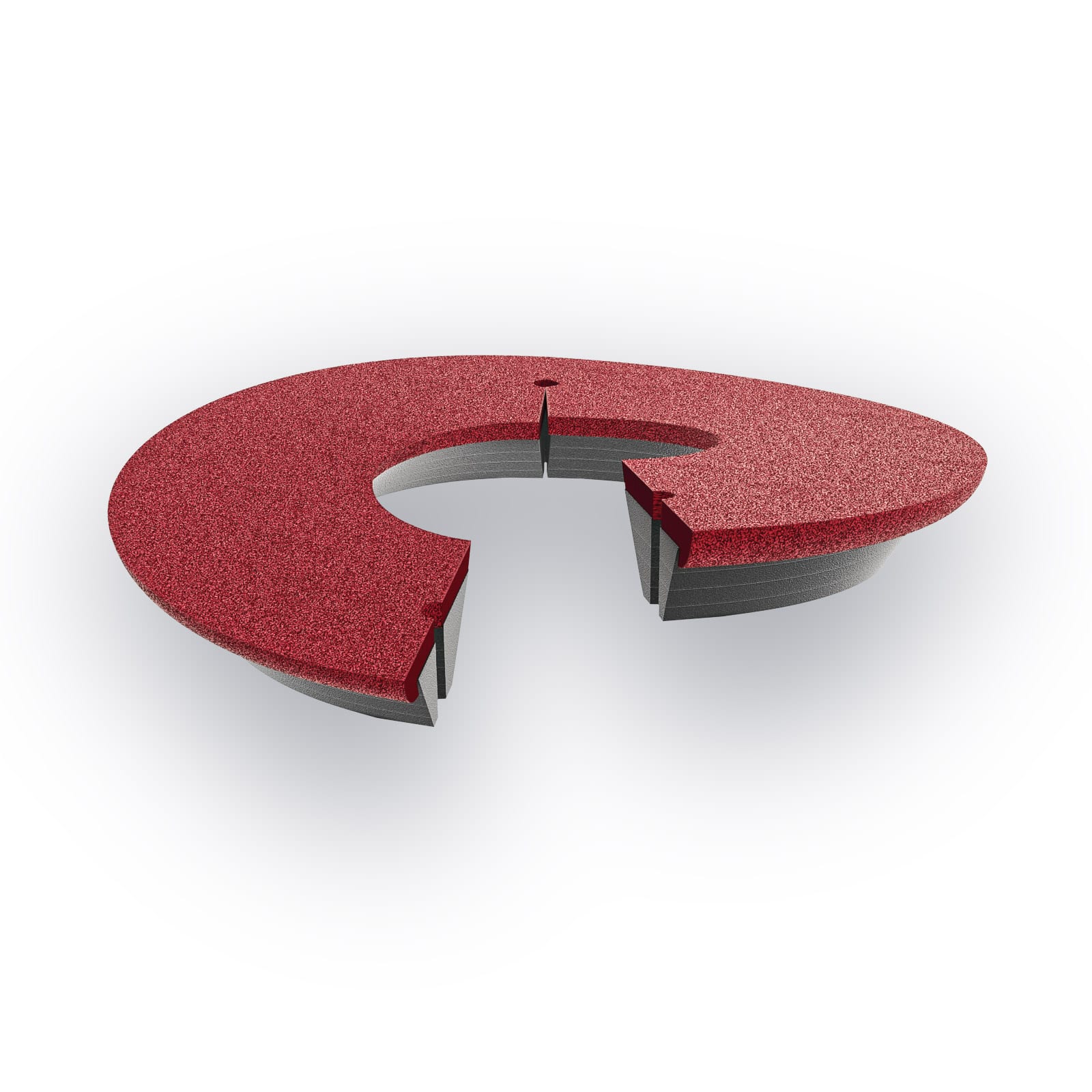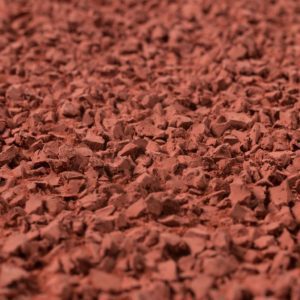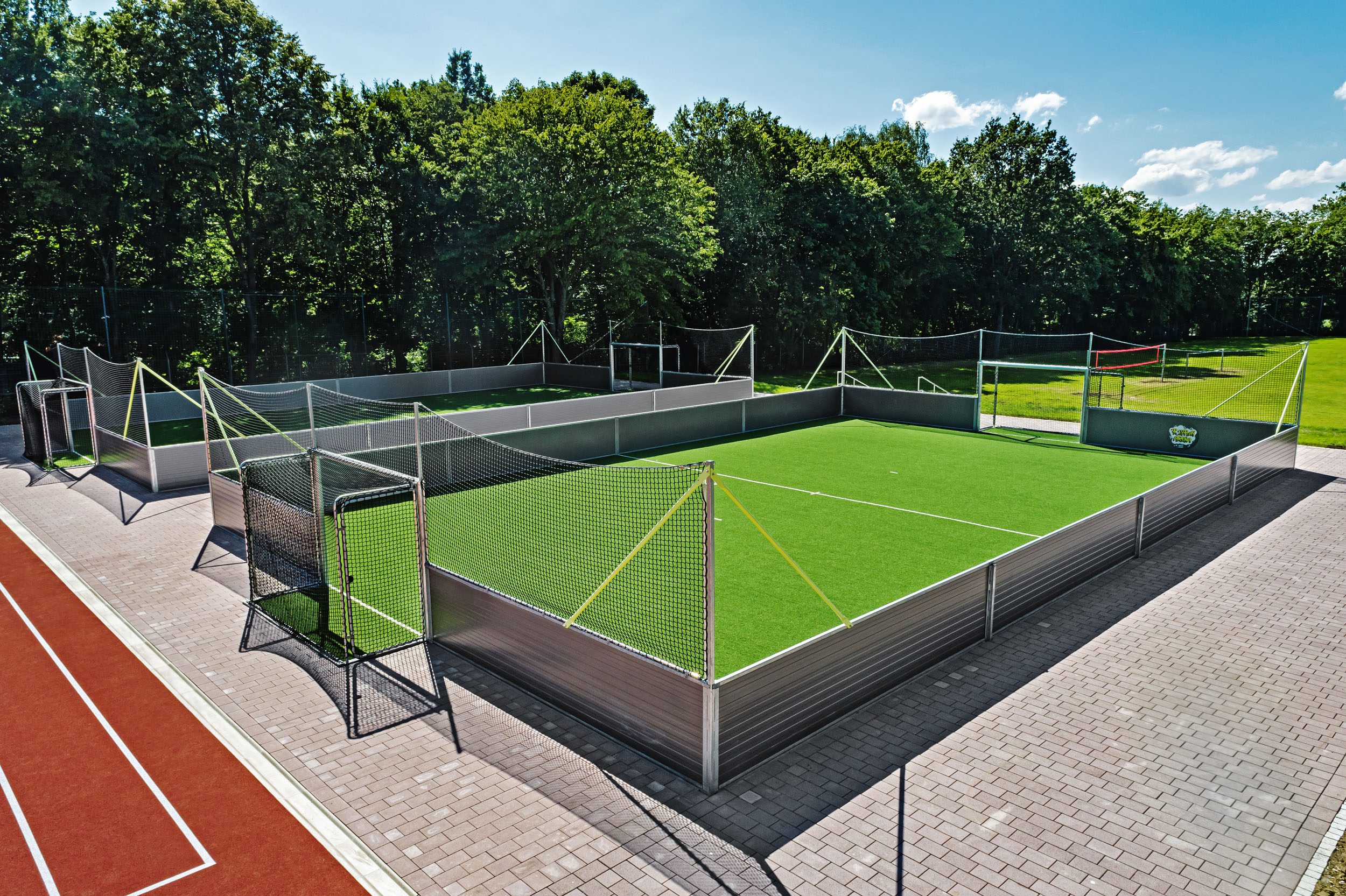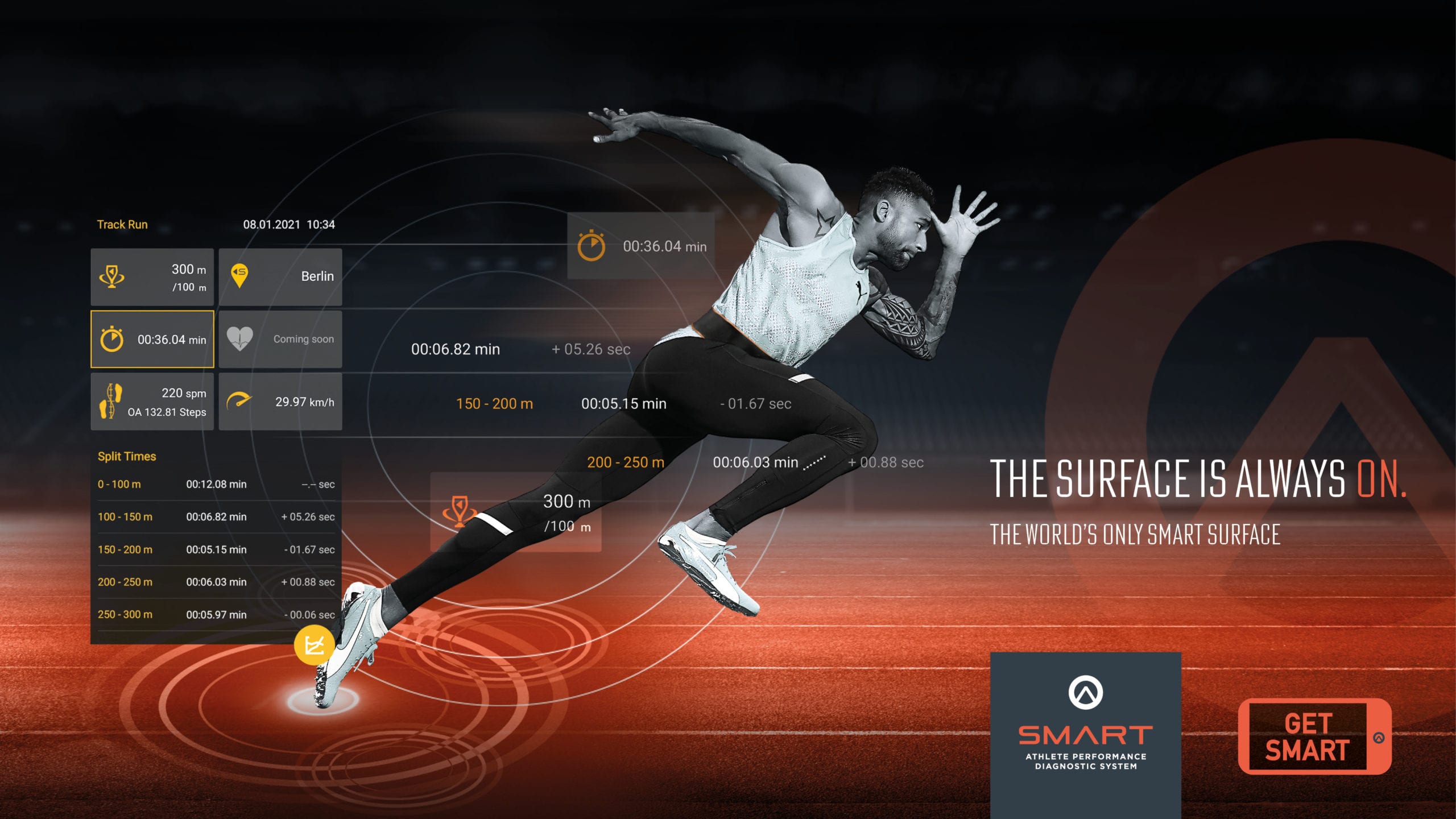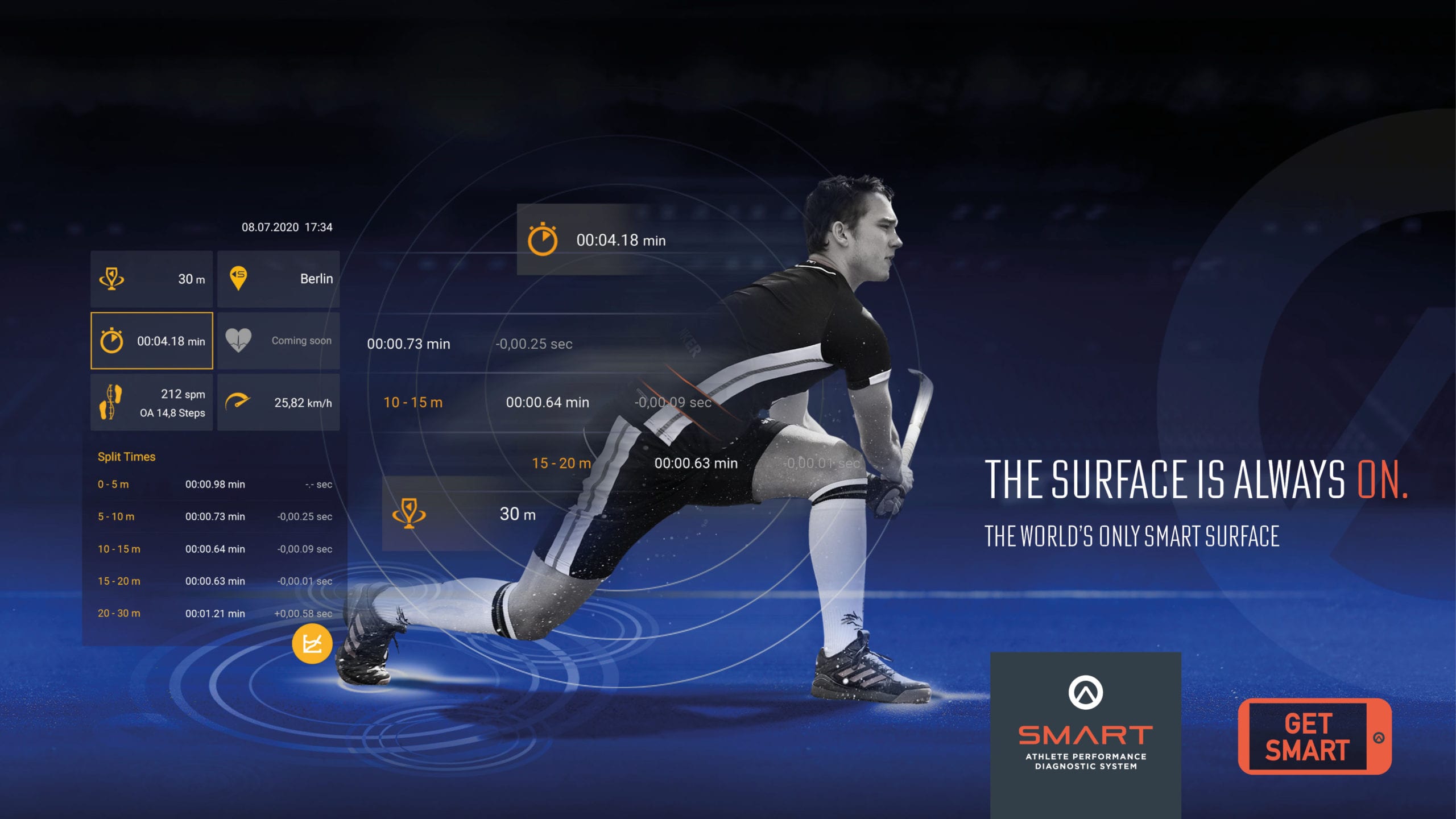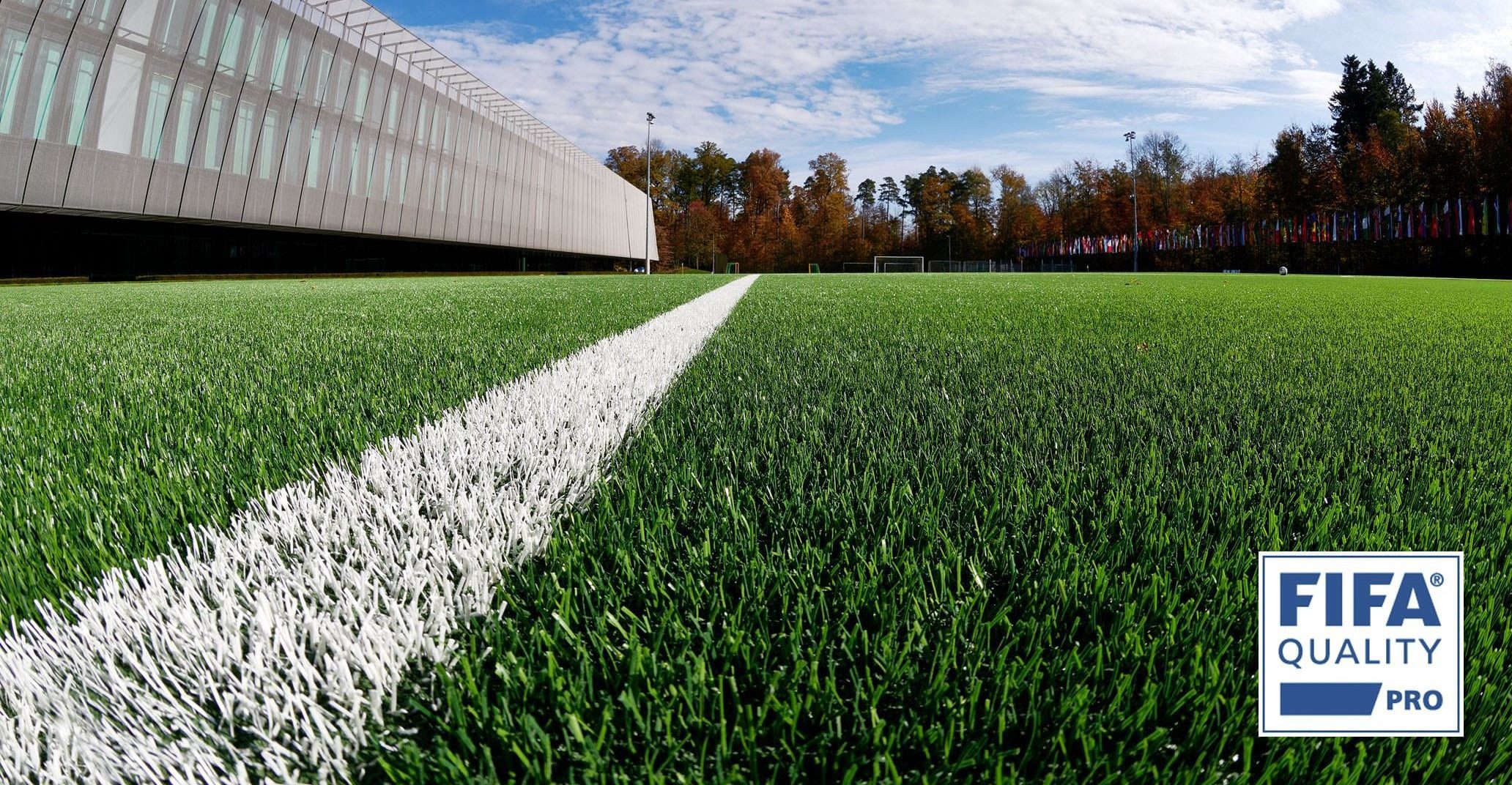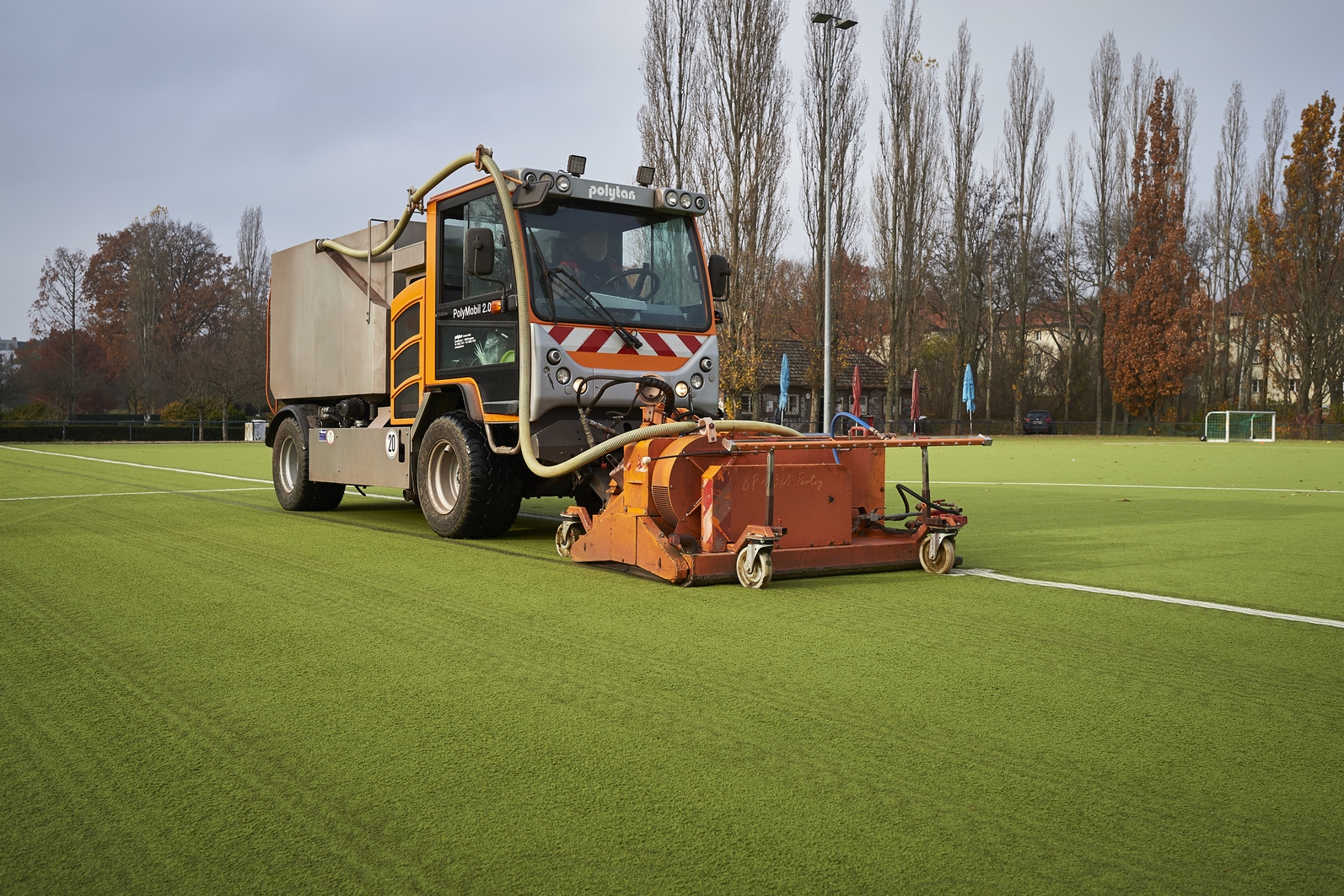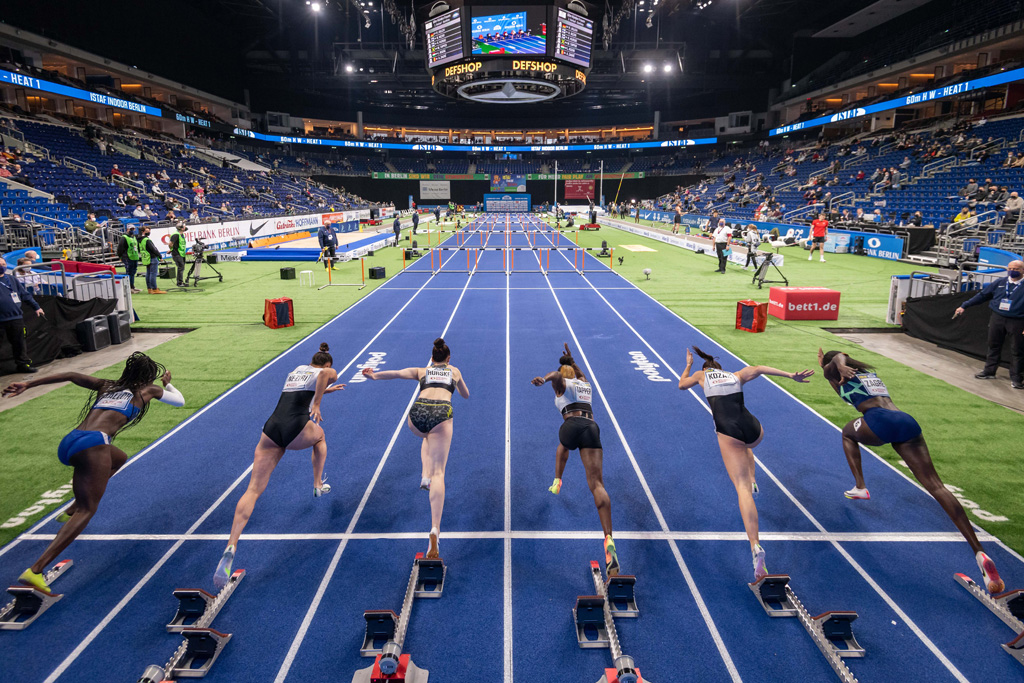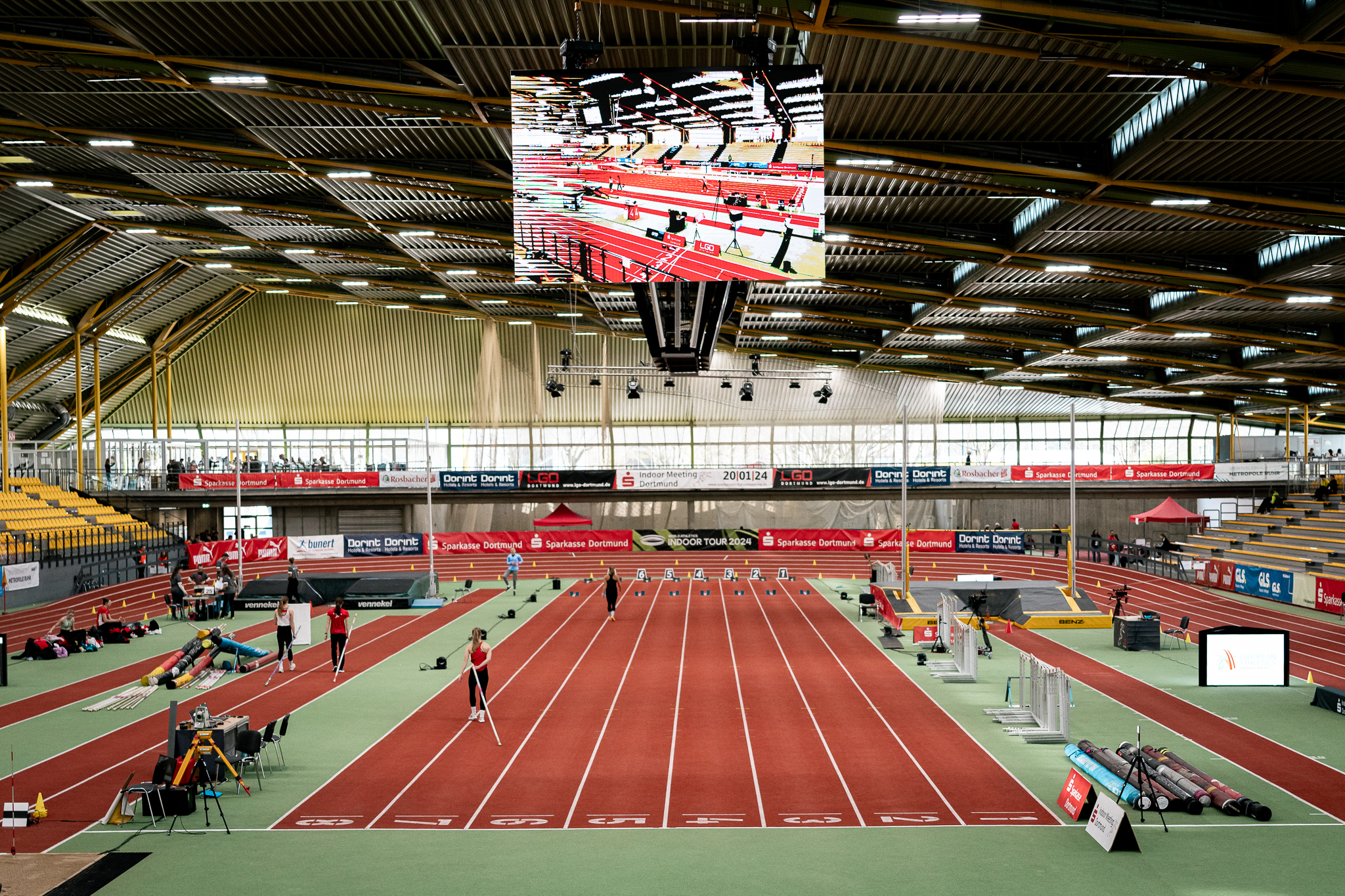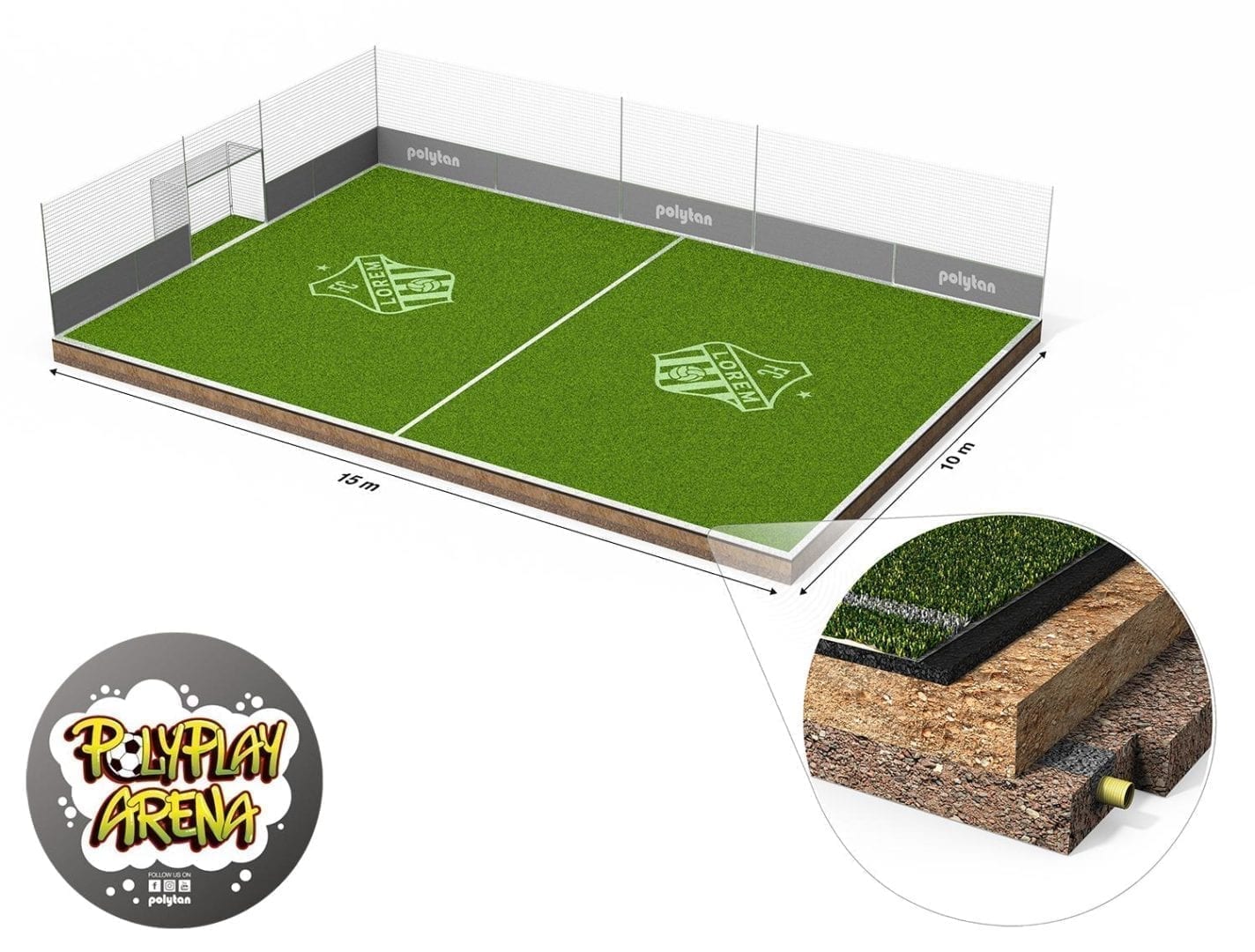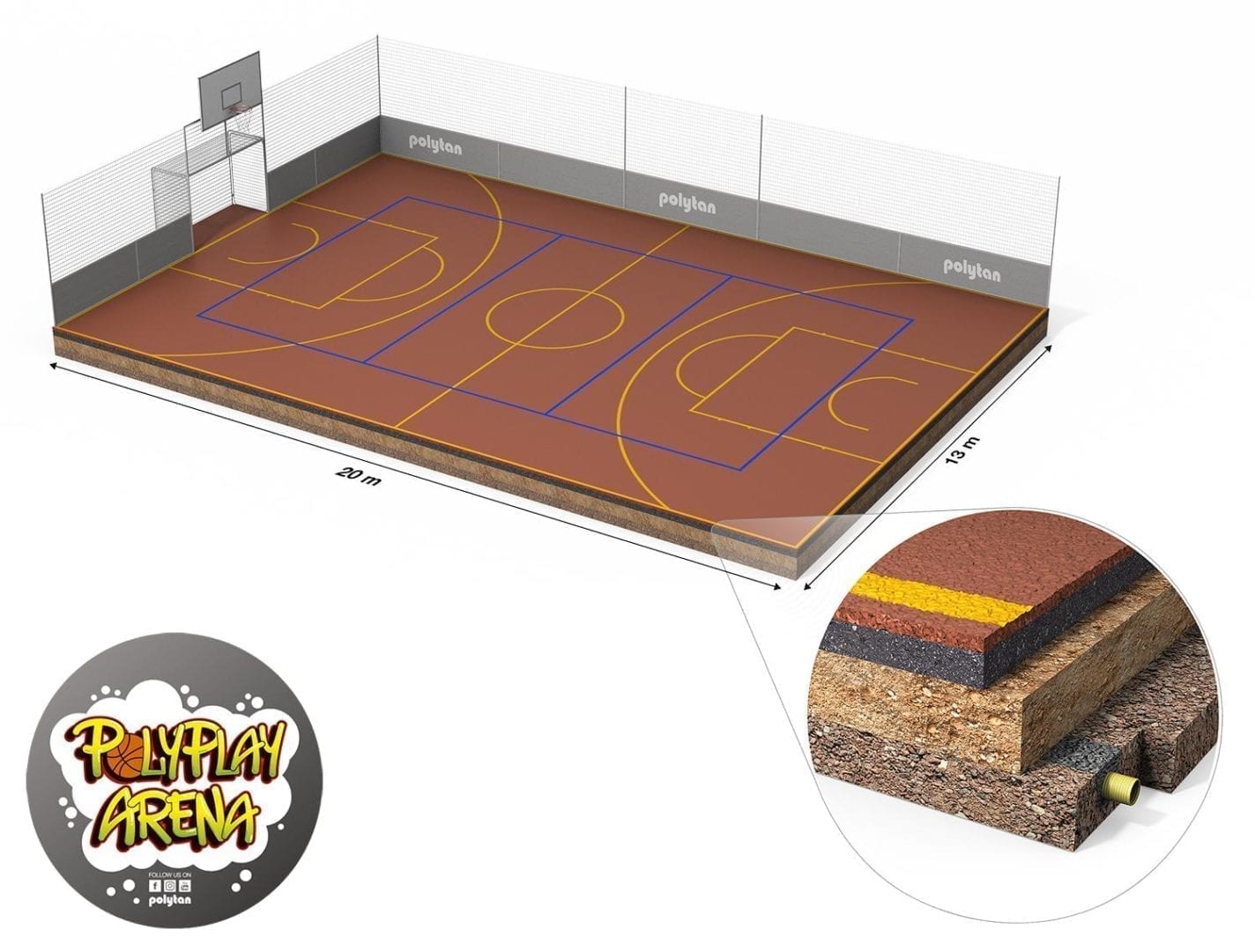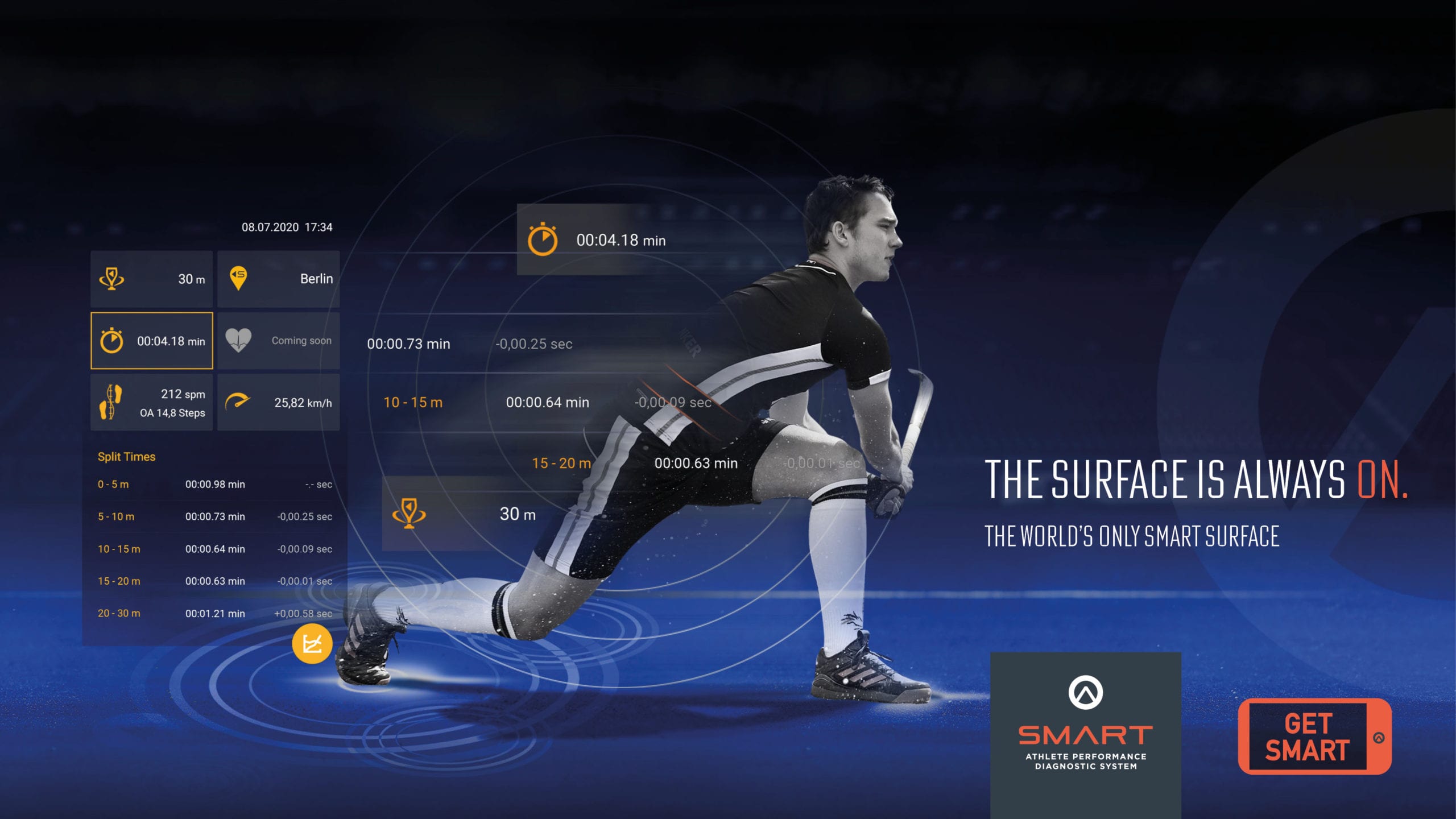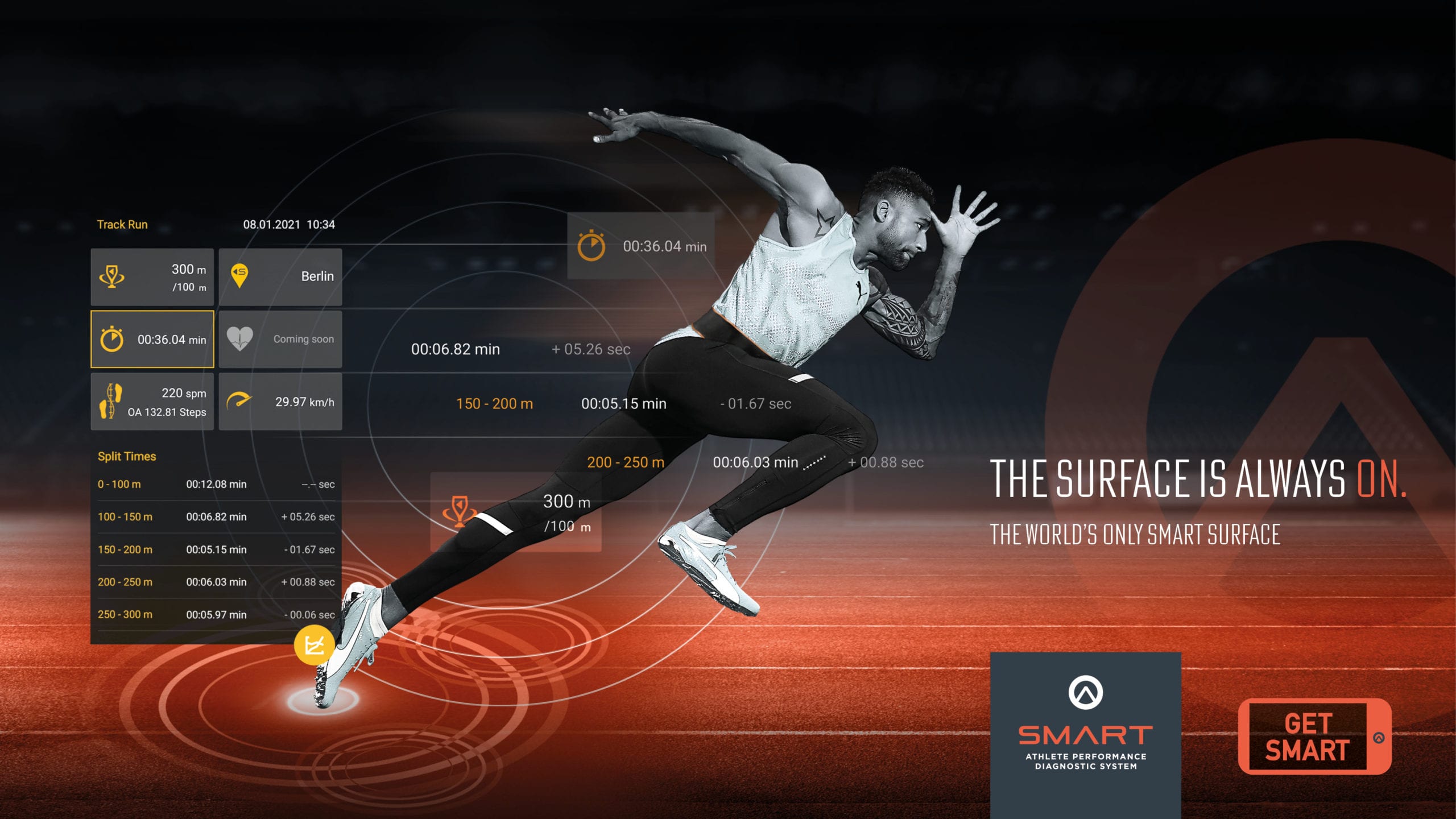FIFA then and now
FIFA, a non-profit association, was founded in Paris in 1904. Its original mission was to bring the countries of the world together in peaceful competition. The abbreviation FIFA comes from the French “Fédération Internationale de Football Association” – or the “International Federation of Association Football” in English.
The fact that the term “football” is explicitly emphasised in FIFA’s name has historical reasons: Until the end of the 19th century, hardly any football was played in continental Europe, with rugby being the sport of choice. In order to distinguish itself from this established ball sport – which nowadays also includes American football – FIFA went on the verbal offensive by calling its sport football, which was relatively new at the time. At the same time, “Football Association” alludes to the first football rules, which were laid down by the Football Association in England in 1863.
Today, FIFA organises football competitions all over the world, the most important and significant tournament being the FIFA World Cup, held every four years. Other FIFA competitions include the FIFA Women’s World Cup, the FIFA Confederations Cup, the Olympic Football Tournament, various World Youth Championships and the FIFA World Club Cup. A total of 211 national associations belong to FIFA.
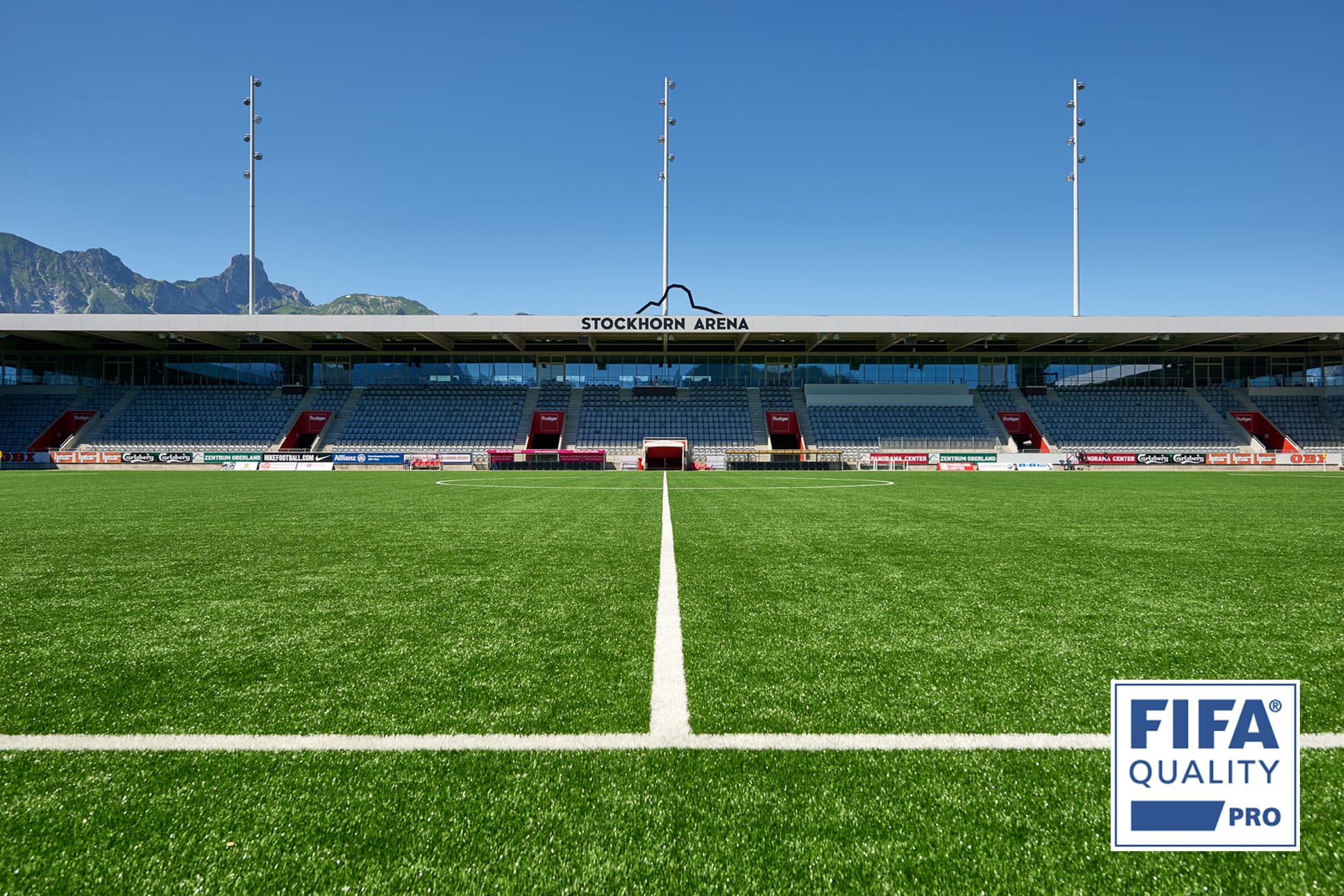
FIFA governs the rules of football
One of FIFA’s many tasks is to govern football globally as set out in the FIFA Statutes. This applies to all rules of the game, including the definition of the offside rule and, more recently, the introduction of video reviews to assist referees on the pitch.
But it also pertains to more fundamental aspects of the game, especially in the early years. There was, for example, the matter of the prescribed length of shorts (they originally had to cover the knee), rules introducing the now obligatory crossbar and nets for the goals, and a decision on whether goalkeepers had the right to touch the ball with their hands. Compulsory footwear was introduced comparatively late (1950), and at the first FIFA World Cup in 1930, it is said that South American teams in particular still played barefoot in some cases. That didn’t stop Uruguay from winning two of the first four World Cups between 1930 and 1950 though.
Even Edson Arantes do Nascimento, better known as Pelé, played football in his youth with a street team known as the “Shoeless.” He first kicked a ball in football boots and on a proper pitch as an 11 year old. In 1958, he became FIFA World Champion with Brazil, and two more titles were to follow – all earned with shoes on his feet. Pelé was famously named FIFA Player of the Century along with Argentina’s Maradona in 2000.
Artificial football turf becomes standard
Since the 1960s, traditional grass pitches have had competition from artificial turf. In the 1980s, artificial turf (a second-generation, sand-filled product) was used for the first time in professional football.
Since then, modern artificial turf systems have become widely accepted – sometimes “only” as training pitches, but also as the main playing surfaces in a number of leagues. A milestone on this journey was marked when FIFA and European governing body UEFA jointly launched the FIFA Quality Programme for artificial turf in 2001. The aim: to develop a uniform and binding industry standard for synthetic football pitches.
Why do we need the FIFA Quality Programme?
The FIFA Quality Programme generally sets internationally recognised industry standards for products, technologies and match documentation for sporting goods manufacturers. They have a direct impact on football and are designed to improve the game and protect players, clubs and associations through strict quality standards. The standards are based on various parameters, including:
- Safety,
- Performance,
- Robustness,
- Playing characteristics,
- Quality assurance, and
- Player comfort.
A global network of universities, testing institutes, sports organisations and standardisation bodies supports the FIFA Quality Programme through scientific studies.
The global governing body’s conviction that football benefits greatly from artificial turf is demonstrated by the FIFA Quality Programme. Due to its weather resistance and robustness, artificial turf offers the best alternative to natural grass. Many municipalities, amateur clubs and professional clubs use artificial turf pitches because they have neither the space nor the funds to build and maintain additional natural grass pitches. A first-class, third-generation artificial football pitch is more resilient and durable than natural grass when used and maintained correctly, and can be used by multiple teams without compromising quality.
Not every system offered by various sporting goods manufacturers is first-class, however. In fact, there are enormous differences in terms of quality. Therefore, only those artificial turf pitches that pass the rigorous tests of the FIFA Quality Programme both in the laboratory and on the pitch are awarded a FIFA Quality Label.
The FIFA Quality Label therefore guarantees that the recommended systems have met the high requirements of football in terms of playing characteristics, safety, durability and quality assurance. To date, FIFA has certified over 10,000 pitches in 150 countries worldwide.
FIFA Quality Label for all Polytan artificial turfs
Pitches that meet these specifications in amateur and recreational football are awarded the “FIFA Quality” label. The “FIFA Quality Pro” label is reserved for artificial turfs that guarantee the playing characteristics required by professional football.
As a responsible company, Polytan meets the quality requirements of the FIFA Quality Programme with its artificial turf products and systems for professional football. These include the LigaTurf RS Pro II, LigaTurf RS+, LigaTurf Cross, LigaTurf Legend Pro and LigaGrass Pro. What’s more, the LigaTurf Cross GTzero is the world’s first CO2-neutral, climate-positive artificial turf for football in our portfolio. It is manufactured 100% climate-neutrally without compromising on playing characteristics. Its CO2-neutral environmental footprint was officially certified by Fokus Zukunft GmbH & Co.KG, an industry-independent sustainability consultancy for small- and medium-sized enterprises.
All Polytan artificial football turf systems meet the requirements of the FIFA laboratory test and can thus be tendered by stadium operators, clubs and municipalities for FIFA qualification. Furthermore, Polytan has the most experience in the world with football pitches certified and recertified according to previous and new FIFA standards, and is also continuously improving its products on the basis of the knowledge gained.
But how does FIFA develop its standards and check the quality of artificial turf systems? That question will be answered in the second half of our blog.
